If you’re so smart …….
Katie is the 8 year old daughter of a very smart lawyer — but when she asks for help with her spelling homework, Dad takes a pass. She’s surprised — how can a man who is so smart not know how to spell?
When her dad explains about his childhood struggles with dyslexia, Katie decides to investigate on her own with a trip to the library. With a little research she learns about many famous and accomplished dyslexics, and also gains insight about a third grade classmate.
The best news about this delightfully illustrated and informative picture book is that it is currently available as a free download for Kindle from Amazon. The book is, If You’re So Smart, How Come You Can’t Spell Mississippi? It is written by Barbara Esham, and part of a series called The Adventures of Everyday Geniuses.
- To learn more or download this book, go to Amazon.com
- Don’t have a Kindle? Download a free reader for your platform of choice here.
Added Note (July 22, 2012):
I am thinking that my mini-book review posted above fails to do justice to the author of this excellent book series. Barbara Esham is the author of an award-winning series of picture-books, all of which explore and celebrate the talents of creative thinkers whose talents just don’t happen to mesh with the expectations of others.
In addition to the dyslexic father profiled above, the series includes:
- Last to Finish – A Story about the Smartest Boy in Math Class – Max is in third grade and overwhelmed when his teacher gives timed multiplication quizzes. But at home, he enjoys working out problems from his older brother’s algebra book. His deep understanding of the way that numbers work is a separate skill from memorizing math facts.
- Mrs. Gorski, I Think I Have the Wiggle Fidgets – A young boy who has a hard time sitting still in class comes up with some creative and positive solutions to redirecting his energy.
- Stacy Coolidge’s Fancy Smancy Cursive Handwriting – A young girl frets because as she finds it impossible to match the neat lines and curves penned by a classmate. Her understanding teacher points out that ideas and emotions are more important to good writing than penmanship.
- Free Association, Where My Mind Goes During Science Class – Emily’s mind wanders during science class and her teacher accuses her of daydreaming. It’s not that she isn’t paying attention; instead, her fascination with science naturally stimulates her mind to embark on journeys to explore new possibilities.
I love the positive view of creative learners shown throughout these series, as well as the concept of “Everyday Geniuses” expressed through the series title. These days, it’s easy to find accounts of famous scientists or celebrities with dyslexia, but it may be difficult for kids or their parents to relate to those stories. These stories, with their whimsical drawings, brings the concept of “genius” down to earth, and will encourage and parents to recognize and uncover the many gifts that may already reside within the children who seem overwhelmed with school struggles.
For more about the author and this wonderful series of children’s books, visit the website at:
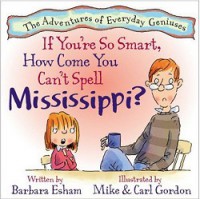
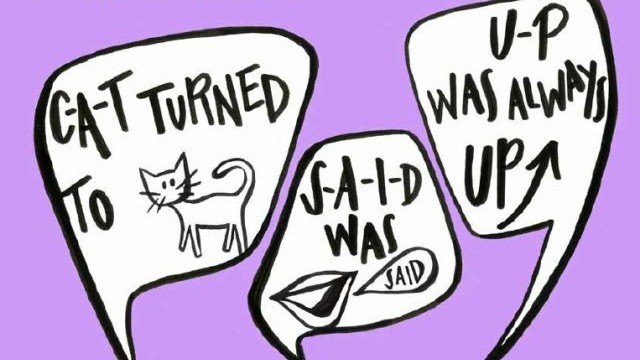
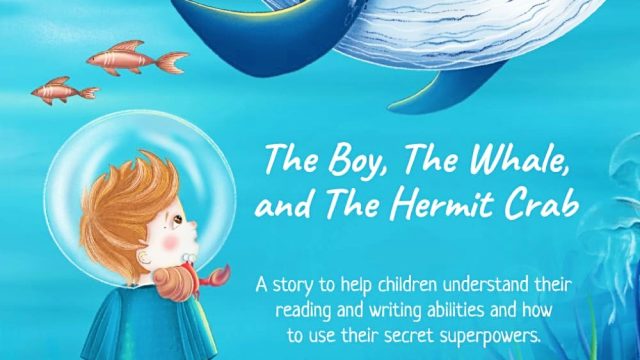
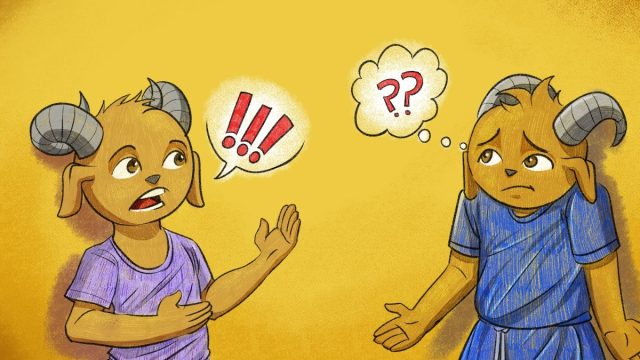
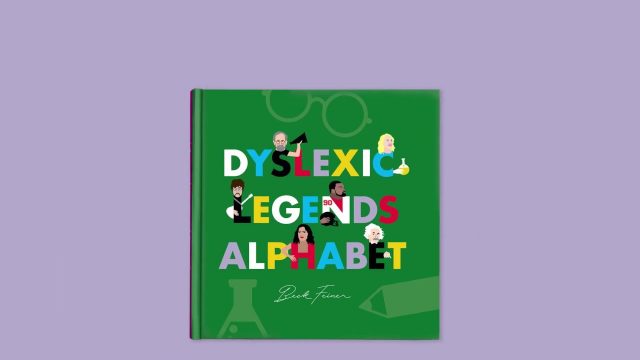






my child (pratham 10 yr old ) suffers from dyslexia dyscalculia and dysgraphia how can i help him
Kiran, the methods we use are explained in the book, The Gift of Dyslexia, by Ron Davis. The book contains instructions to help parents work with their children on their own.
You can use this link to find Davis Facilitators in India — you could contact one by phone or email to learn more:
http://www.dyslexia.com/cb/country.cgi?IN